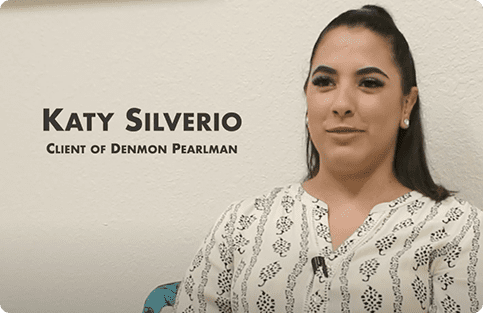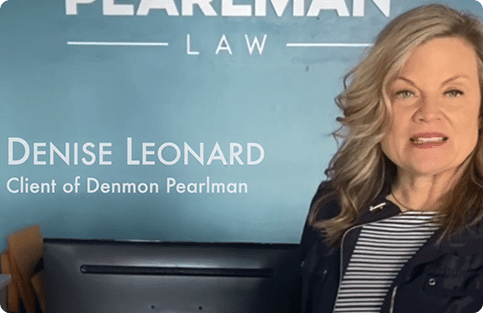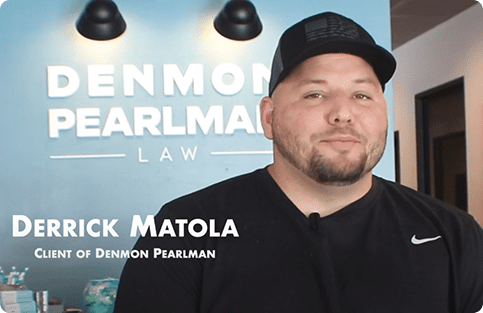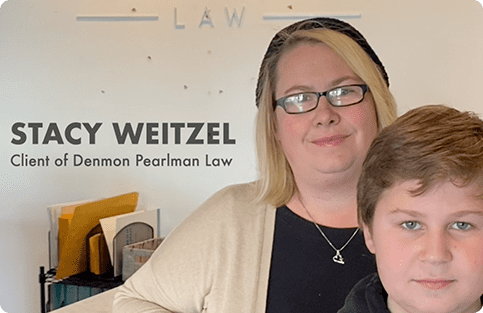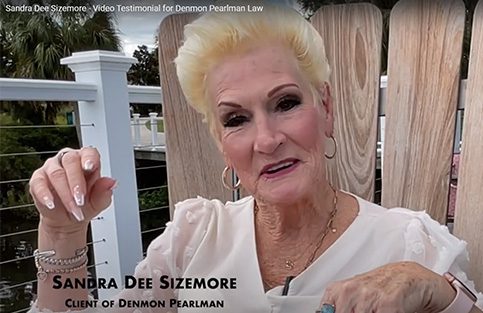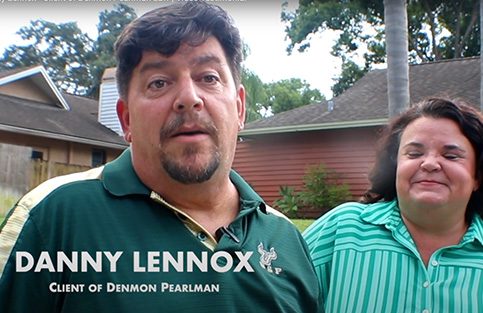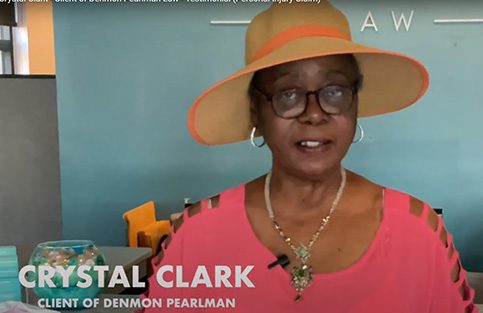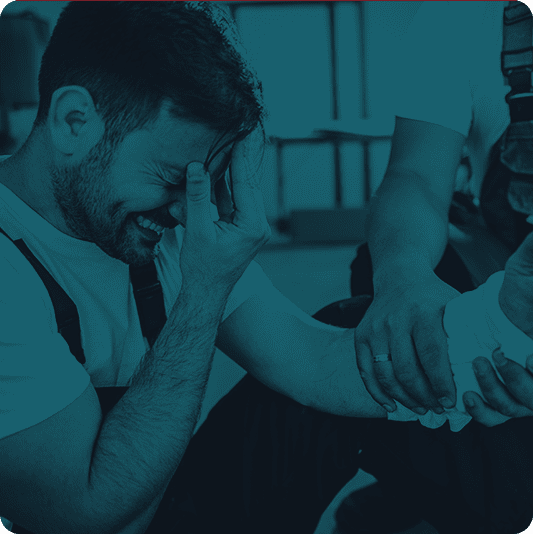Understanding medical malpractice laws in Florida can feel overwhelming. Plus, not everyone discovers their injury right when it happens. If a medical procedure left you hurt, learning the laws is crucial.
At Denmon and Pearlman, we are here to help. Our team of medical malpractice lawyers has years of experience. We advocate for patients in the Tampa area.
Did a doctor make a mistake and leave you injured? We are here for you. We cover medical malpractice cases in Hillsborough County.
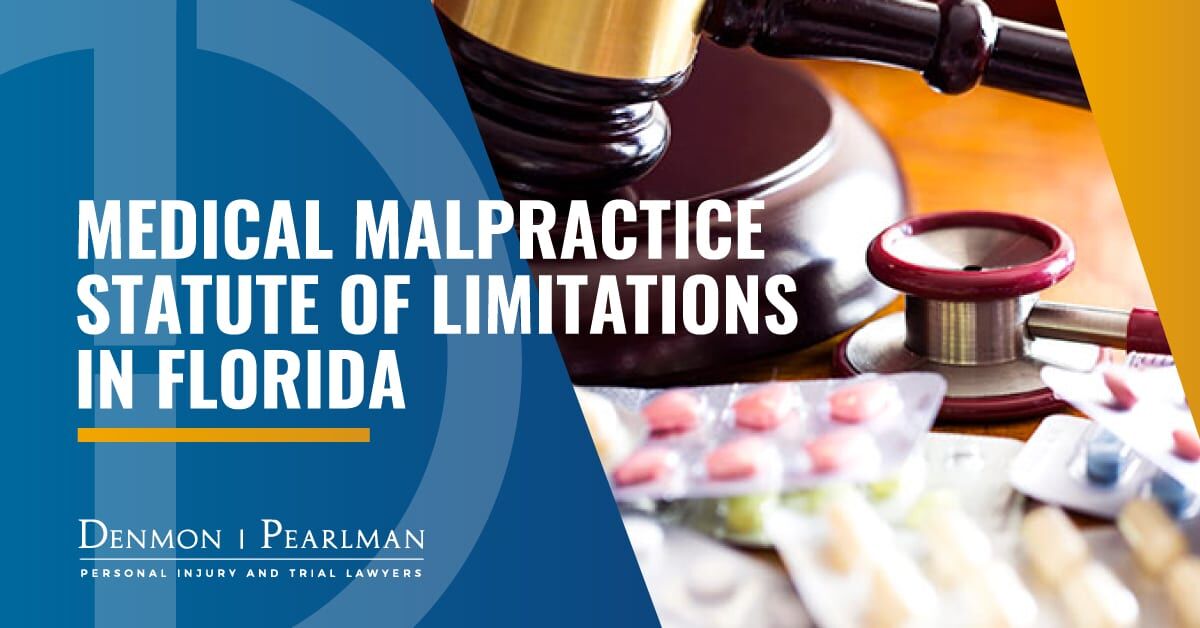
In this guide, we are simplifying the medical malpractice statute of limitations in Florida. Learn more about the basis for a medical malpractice case. Also, we will cover the various time frames which may apply.
Understanding Medical Malpractice
Medical malpractice is when a healthcare professional fails to provide proper treatment. This can be your nurse, doctor, or even a hospital. The improper treatment either creates a new injury or aggravates an existing issue. Medical malpractice is fully articulated from medical board review through hearings and retribution.
You can find the full definition in Florida State Statute 766.102, which states:
“In any action for recovery of damages based on the death or personal injury of any person in which it is alleged that such death or injury resulted from the negligence of a health care provider as defined in s. 766.202, the claimant shall have the burden of proving by the greater weight of evidence that the alleged actions of the health care provider represented a breach of the prevailing professional standard of care for that health care provider. The prevailing professional standard of care for a given health care provider shall be that level of care, skill, and treatment which, in light of all relevant surrounding circumstances, is recognized as acceptable and appropriate by reasonably prudent similar health care providers.”
There are a few crucial factors you need to know before filing your case. Each case is unique. But in any instance, we review medical negligence based on the standard of care.
Medical Negligence: The Substance of Your Case
Medical negligence is the basis of any medical malpractice lawsuit. Medical negligence refers to the actions (or lack thereof) a medical professional took. These deviate from an accepted standard of care. This legal fault of the medical professional is what your legal team will build your case around.
Determining Negligence with the Standard of Care
The standard of care is used to determine negligence. A reasonable person determines the standard of care in tort law. In this case, it would be a competent and skilled healthcare professional. They should have a similar background.
What Happens Before Your Lawsuit
Your lawyer must conduct a reasonable investigation into your claims. This is part of any medical malpractice suit. They must state they have a good-faith belief you have grounds for medical malpractice.
Then, attorneys must serve the healthcare professional or institution with a notice. This notice lets them know you plan to sue for medical malpractice. The defendant(s) then have a 90-day timeframe to evaluate and respond to the claim.
These 90 days do not count against your two-year statute of limitations. During these 90 days, your statute of limitations is paused. You will be able to file your lawsuit once the 90-day extension is over. You can also get an extra 90 days if you file for an investigation period. This is to help you find a medical professional to look into your case.
What is the Medical Malpractice Statute of Limitations in Florida?
A statute of limitations is the time limit you have to file a lawsuit. Florida’s statute of limitations has multiple layers. The medical malpractice statute of limitations considers various circumstances.
Florida’s Statute of Limitations Period
Florida law states you can file a medical malpractice claim within two years of discovering your injury. You also have two years from when you should have reasonably discovered your injury.
There are a few instances that fall beyond the two-year scope. This includes the statute of repose and the special statute of repose for children.
Florida’s law explains this as such:
“An action for medical malpractice shall be commenced within two years from the time the incident giving rise to the action occurred or within two years from the time the incident is discovered, or should have been discovered with the exercise of due diligence; however, in no event shall the action be commenced later than four years from the date of the incident or occurrence out of which the cause of action accrued, except that this 4-year period shall not bar an action brought on behalf of a minor on or before the child’s eighth birthday.”
It is important to file your medical malpractice claim right away. This way, you can be sure you are within the statute of limitations. Our attorneys can help you through this process. We understand the laws as they apply to your specific case.
The success of any legal matter depends on the unique circumstances of each case. We cannot guarantee particular results for future clients.
Medical Malpractice Statute of Repose
Florida’s law states you can not sue a healthcare provider more than four years after the incident. According to the statute of repose, the only exceptions are for:
Fraudulent concealment falls under this 4-year period. This is when a care provider knowingly fails to inform you of what happened. In this instance, they knew it would cause injury.
These factors can prevent the discovery of the injury. This is why the law extends the period of limitations by two years in these circumstances.
Special Statute of Repose for Children
There is a statute of repose for children under the age of eight. The four-year statute of repose will not cut off a minor’s claim on the child’s eighth birthday.
The two-year statute of limitations may still apply if:
This can result in claim denial.
Determining which situation applies to you can be tricky. Our medical malpractice attorneys are here to guide you through your case.
Florida Cases that Set the Precedent for Medical Malpractice Statute of Limitations
Two court cases set precedents for the state’s statute of limitations for medical malpractice and negligence. The Florida Supreme Court tried both of these cases: Nardone v. Reynolds and Barron v. Shapiro.
The Nardone Rule
Florida established The Nardone Rule in 1976. It is also known as “the discovery rule.” In the Nardone v. Reynolds case, Florida’s Supreme Court set the precedent for the statute of limitations on medical negligence.
The discovery rule states that the statute of limitations begins when:
Barron v. Shapiro
The Barron v. Shapiro case happened in 1990. A patient underwent an operation on their colon. They later developed an infection. The patient then became blind after four months of treatment for the infection.
The Florida Supreme Court ruled in Barron v. Shapiro that the patient becoming blind was considered enough knowledge to suspect medical negligence. The Supreme Court cited Nardone v. Reynolds in their decision. The patient’s blindness was considered enough knowledge to start the timeline. This holds true even if the patient did not initially suspect his medical treatment as the cause.
Amendment to the Nardone Rule
The Florida Supreme Court amended the Nardone Rule in 1993. This was due to the strictness of the rule, highlighted after Barron v. Shapiro. There are cases where complications can happen without medical negligence. District Courts became hesitant to apply stricter counts of the rule.
In the Tanner v. Hartog case, the Florida Supreme Court amended the Nardone Rule. You now also need knowledge of the reasonable possibility an injury was caused by medical malpractice.
How We Win Your Medical Malpractice Lawsuit
Our award-winning lawyers have experience with a variety of medical malpractice lawsuits. This includes, but is not limited to:
Our attorneys will build your case with an investigation. This research helps us get you the settlement you deserve. Your attorney will gather witness statements and your healthcare records. Then, your attorney will interview medical experts. This helps us to determine if what happened fell beyond the standard of care.
Plus, your attorney will fight for your lost wages. We do this with expert witness testimony. We obtain this from financial and medical experts.
Our team of attorneys will deal with the insurance adjusters in your case. Experiencing medical malpractice is tough enough as is. Let us handle the insurance companies and take care of your claims.
Our team will do everything we can to keep you out of court. But, you may receive a much larger settlement in trial. If we believe this is the case, we will take an aggressive approach. You want us by your side in the courtroom.
Compensation can include, but is not limited to these damages:
Florida has a $500,000 cap on non-economic damages. If the malpractice resulted in death or a vegetative state, the cap is $1,000,000.
Denmon Pearlman’s medical malpractice attorneys are here for you 24/7. We want to help you get your compensation. Have you or a loved one experienced medical malpractice? Schedule a free consultation with our Hillsborough County attorneys today.
The success of any legal matter depends on the unique circumstances of each case. We cannot guarantee particular results for future clients.
Our Expertise
We have your back. Whatever you might be suffering from, accidents, injuries or medical malpractice, we have you covered throughout Florida
Let’s get in touch!
The initial consultation is absolutely FREE
Denmon Pearlman
Law
Tampa Office
2504 W Crest Ave
Tampa, FL 33614
(813) 554-3232
Denmon Pearlman
Law
St. Petersburg Office
520 2nd Ave South
St. Petersburg, FL 33701
(727) 493-5610
Denmon Pearlman
Law
New Port Richey Office
5703 Main Street
New Port Richey, FL 34652
(727) 753-0049
Denmon Pearlman
Law
Brooksville Office
1790 E Jefferson St.
Brooksville, FL 34601
(352) 309-7354
Denmon Pearlman
Law
Seminole Office
5290 Seminole Blvd. Suite D
St. Petersburg, FL 33708

